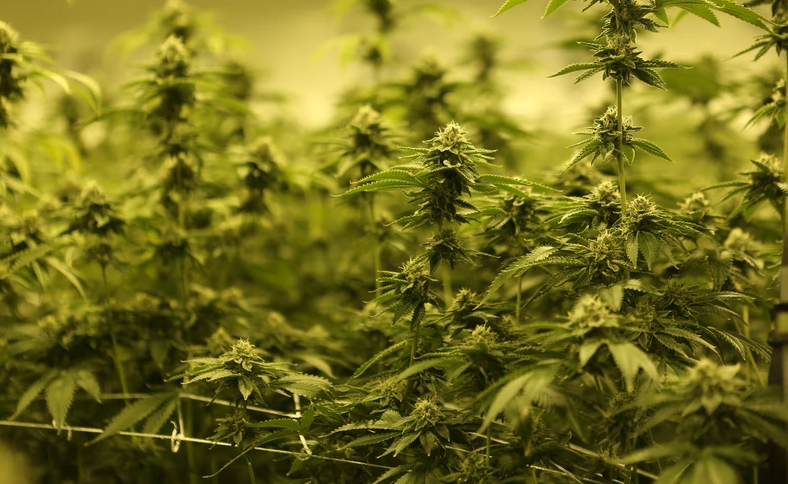Wisconsin Navigates the Complex Path Toward Cannabis Legalization Amid Political Divide
LOS ANGELES- Wisconsin’s journey toward cannabis legalization is unfolding against a backdrop of political complexities, with Governor Tony Evers, a Democrat, indicating openness to a Republican-led medical cannabis legalization plan. This stance emerges as broader cannabis policy reform remains unlikely due to the state’s Republican-majority legislature.
Governor Evers, a proponent of recreational cannabis legalization, has included plans for regulating and taxing adult-use cannabis in past state budget proposals. However, these proposals have consistently faced opposition from Republican leaders in the Wisconsin legislature, who are resistant to legalizing recreational cannabis.
In a recent development, Republican leaders expressed their intention to introduce a medical marijuana legalization bill in the current legislative session. Governor Evers, while favoring a more comprehensive legalization approach, showed willingness to support this limited bill, emphasizing the importance of incremental progress in cannabis policy reform.
Assembly Speaker Robin Vos, a Republican, underscored that the forthcoming bill aims to secure majority support within the Republican caucus, sidestepping the need for Democratic backing. He stressed that the bill would be narrowly tailored, mirroring Minnesota’s medical marijuana program prior to its recreational legalization. The proposed bill, however, will not allow for widespread dispensaries.
Wisconsin’s cautious approach stands in contrast to neighboring states like Michigan, Illinois, and Minnesota, all of which have legalized cannabis for adult use. Senate Majority Leader Devin LeMahieu mentioned the possibility of the medical marijuana bill gaining majority support in the upcoming session, depending on its specifics.
Meanwhile, Democratic Assembly Minority Leader Greta Neubauer expressed openness to discussing the GOP medical marijuana plan, hoping it addresses the detrimental impacts of cannabis criminalization and ensures access for those in need.
Other cannabis policy reform proposals are in the legislative pipeline. Democratic Senator Melissa Agard introduced a bill to legalize recreational marijuana, and a bipartisan group proposed decriminalizing possession of small amounts. The Marquette Law School Poll indicates strong public support for cannabis policy reform, with 64% of Wisconsin adults favoring legalization.
In a broader context, neither the Republican medical marijuana bill in Wisconsin nor a similar proposal in Kentucky, as reported by Forbes, aim to establish expansive commercial cannabis industries. The Wisconsin bill, in particular, proposes a highly restrictive framework with limited dispensaries operated by the state, not private businesses. Both bills face significant political challenges, reflecting the ongoing national debate over cannabis legalization and its economic implications.
As neighboring states advance in legalizing cannabis, Wisconsin and Kentucky are feeling the pressure to adapt. The loss of potential tax revenue to neighboring states is a growing concern, especially as residents cross state lines to purchase cannabis. This economic consideration, along with shifting public opinion, may influence future legislative decisions in both states.


































